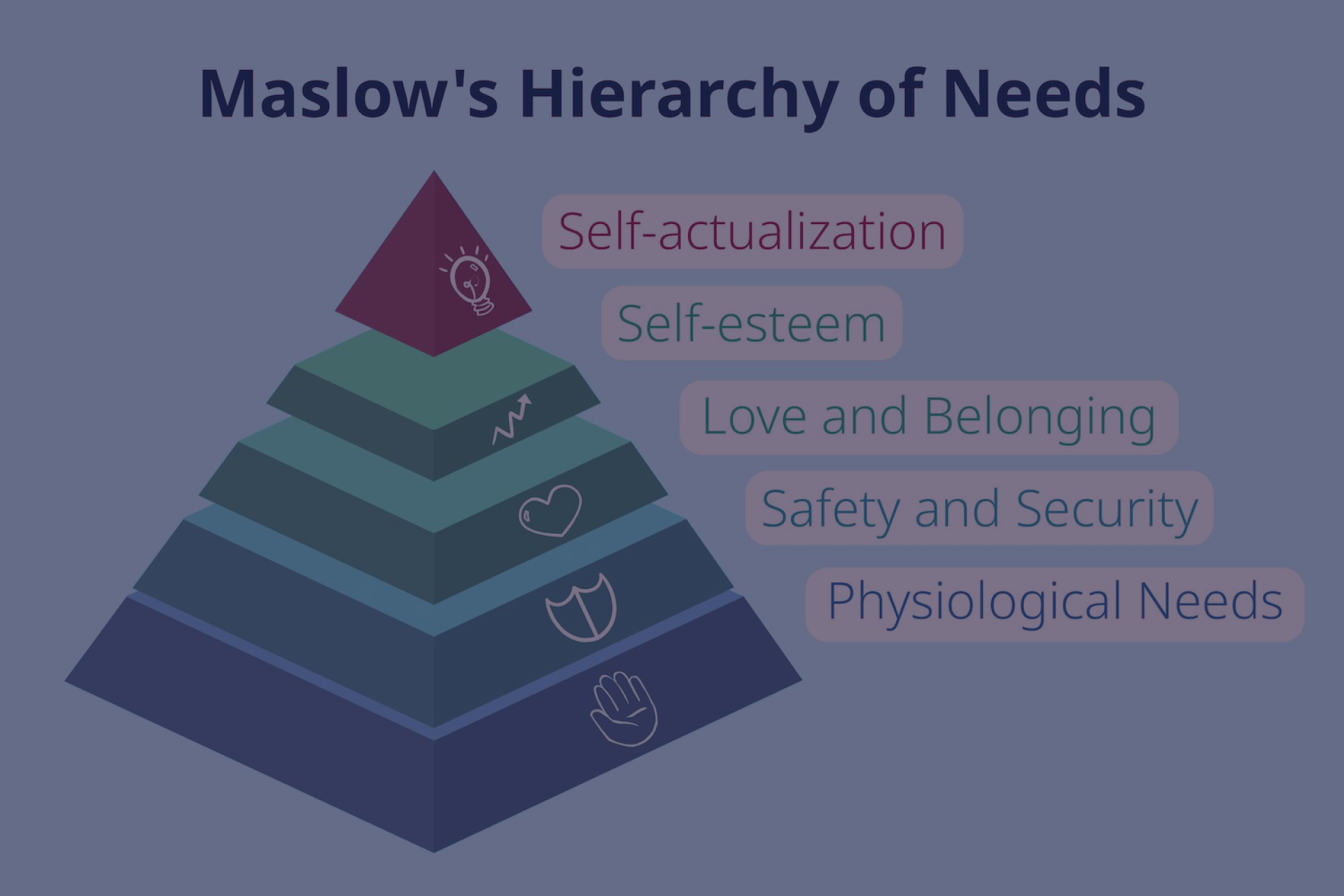Utilizing Maslow’s Hierarchy to Uncover Customers’ Needs

Byline: This article is based on an interview with Sri Velamoor, Vice President of Global Support & Product Enablement at Workiva
Summary:
Sri Velamoor delves into the parallels between Maslow’s hierarchy of needs and the customer hierarchy of needs. Breaking down the fundamental layers of human desires and how they translate into customer preferences, Sri provides a unique perspective on fostering connections and loyalty through understanding and fulfilling these needs.
With a focus on trust, belonging, esteem, and self-actualization, Sri emphasizes crafting a narrative that goes beyond mere transactions and instills pride in customers for associating with a brand. By tapping into these higher-level needs, businesses can create lasting relationships and drive customer loyalty in a competitive market landscape.
Key Takeaways:
- Sri Velamoor draws parallels between Maslow’s hierarchy of needs and the customer hierarchy of needs to emphasize the importance of understanding and fulfilling customer desires.
- Companies can differentiate themselves by focusing on trust, belonging, esteem, and self-actualization in customer interactions.
- Crafting a narrative that resonates with customers’ higher-level needs can increase loyalty and pride in associating with a brand.
- The cancel culture phenomenon underscores the significance of meeting customer needs related to esteem and self-actualization.
- Businesses can establish deeper connections with customers by aligning their messaging with the desire for community, purpose, and personal growth.
Introduction
Maslow’s hierarchy of needs is a fundamental framework for comprehending human motivation and behavior. Beyond its psychological roots, this model finds practical application in understanding customer needs within business contexts. Sri Velamoor’s expertise illuminates how companies can address these needs to cultivate robust customer relationships and foster long-term loyalty.
Physiological Needs Met with Feature Functionality
At the base of Maslow’s hierarchy lie physiological needs such as air, water, and food, essential for survival. In the customer context, these needs translate to feature functionality – the essential requirement for a product or service to deliver on its promises. Sri highlights the importance of ensuring that customers’ fundamental expectations are met, emphasizing that companies must first satisfy these basic needs before progressing to higher levels of engagement.
He supports this notion by asserting, “Customers’ absolute basic need is whether the product or service does what it promises to do.” Addressing feature functionality is the foundation upon which companies can build trust and loyalty among their customer base.
Trust and Safety: Pivotal Factors in Customer Relationships
Moving up Maslow’s hierarchy, safety needs come into focus. Customers want assurance that the products or services they engage with are safe and trustworthy. This parallels the emphasis on trust and safety in the customer hierarchy of needs. Companies prioritizing transparency and security can instill confidence in their customers, fostering long-term relationships.
Echoing this sentiment, Sri affirms, “Trust and safety needs are critical components in the customer journey.” By prioritizing these aspects, companies can cultivate a sense of security and reliability, essential for customer satisfaction and retention.
Community and Belonging: Fostering Connection through Purpose
The third layer of Maslow’s hierarchy delves into the need for love and belonging, emphasizing human connection and community. In the business realm, this translates to companies aligning with a larger purpose or mission that resonates with customers. Sri underscores the importance of conveying purpose, stating, “More companies are focused on [communicating] their vision and mission for existence.”
Companies can engage customers deeper, beyond transactional interactions, by fostering a sense of belonging and community. He illustrates this concept by citing Tesla, where customers benefit from innovative products and contribute to a more significant cause of sustainability.
Esteem and Self-Actualization: The Differentiation Imperative
The top two layers of Maslow’s hierarchy, esteem and self-actualization, present opportunities for companies to differentiate themselves in a competitive market. Sri emphasizes crafting a narrative that resonates with customers’ esteem and self-actualization needs. Companies that go beyond functional attributes to evoke pride and identity in their customers can establish a solid emotional connection.
He states, “Customers feel proud about doing business with this company because if a brand makes a misstep today, the cancel culture says done with you.” Understanding and addressing customers’ esteem and self-actualization needs are integral to building brand loyalty and advocacy.
Incorporating Maslow in Customer-Centric Strategies
In conclusion, applying Maslow’s hierarchy of needs to the customer journey offers valuable insights for businesses seeking to forge meaningful relationships with their clientele. By aligning product offerings with customers’ fundamental needs and aspirations, companies can create a compelling value proposition beyond mere transactions. Embracing the principles of trust, belonging, and self-actualization paves the way for sustained success in a competitive market landscape.
As Sri Velamoor aptly demonstrates, delving into the nuances of customer needs through the lens of Maslow’s hierarchy can revolutionize how businesses approach customer engagement and retention. Companies can elevate their brand reputation and drive sustainable growth by prioritizing human-centric strategies that resonate with customers’ deepest desires and aspirations.
Conclusion
The elucidation of Maslow’s hierarchy of needs in the context of customer relationships illuminates a path for businesses to navigate the complexities of human motivation and behavior. By integrating these psychological insights into their strategic framework, companies can cultivate authentic customer connections, fostering loyalty and advocacy in an increasingly competitive marketplace.
Looking for specific information?
Our specialist will help you find what you need
in customer service outsourcing
Discover Contact Center Perspectives Podcast
Discover the themes that resonate most with your challenges
 English
English






